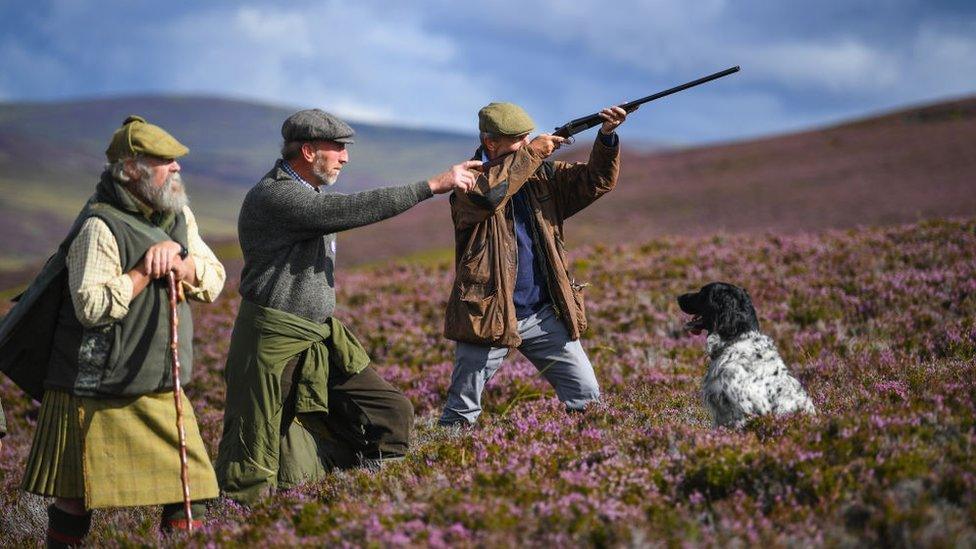Holyrood urged to be bold in seizing Russian oligarchs' assets
- Published
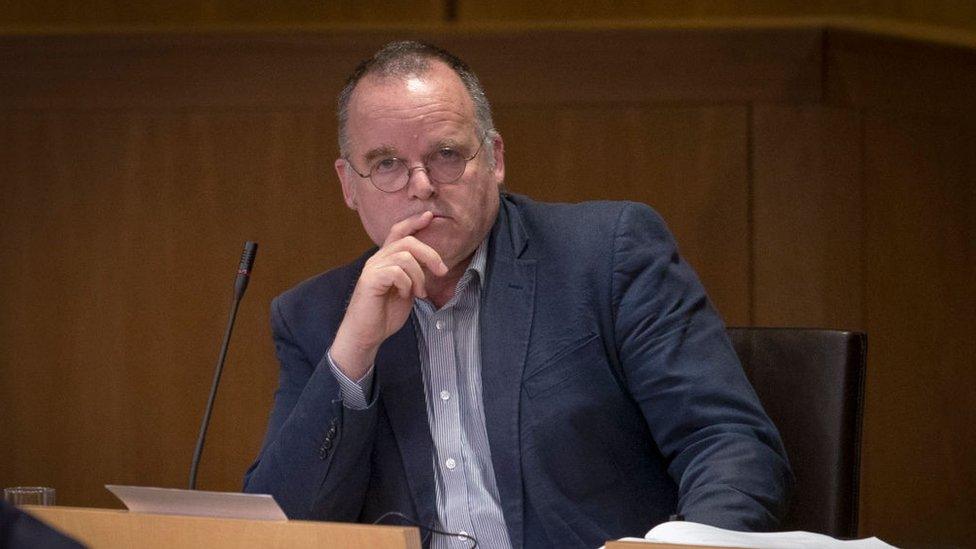
Andy Wightman is a prominent land reform campaigner in Scotland
The Scottish government should have the courage to seize the assets of Russian oligarchs operating in Scotland, according to a prominent land reform campaigner.
Andy Wightman, a former MSP who has written about land ownership in Scotland, told the BBC the legalities could be dealt with later.
He said governments needed to be bold and act now.
Nicola Sturgeon is seeking legal advice on the action that can be taken.
External Affairs Secretary Angus Robertson said the Scottish government was putting pressure on the UK government to tighten up sanctions and was doing everything it could in areas that were devolved.
The UK government has said it will change the law to make it easier to introduce sanctions against Russian oligarchs and align with penalties imposed by allies in the EU and US.
A number of Russian oligarchs own estates in Scotland.
During First Minister's Questions on Thursday, Ms Sturgeon said she was investigating whether it was possible to take the "maximum possible action" against Kremlin-linked businesses operating in Scotland.
She has sought advice on ending public subsidies or seizing assets of anyone with close links to the Russian regime.
Speaking to BBC Radio Scotland's Drivetime programme, Mr Wightman said some countries in Europe had already taken action to seize oligarchs' assets, such as superyachts.
"It's open to governments ultimately to seize assets," he said. "It's possible to do that and worry about the legal niceties later - you do need to have a legal basis to seize someone's assets but you don't need to over-worry about the exact legalities at the moment.
"I think governments should be bold in that respect because the only way effectively to deprive Russian oligarchs of the benefits they have accrued through property investment in the UK is to seize those assets."
'Travel bans'
He added: "I would be interested to know what the Scottish government has in mind and I'd be pretty keen that they weren't being too cautious in legal terms because the scale of the issue and why we are imposing sanctions in the first place is to attempt to mitigate the possibility of more war crimes in Ukraine."
However, Mr Wightman highlighted the difficulty in tracking down assets.
"That's the tricky thing," he said. "It's relatively straight forward to impose travel bans and freeze financial assets but you've got to know they exist and where they exist. And that, frankly, is the great difficulty because UK lawyers, UK financiers and accountants are adept and expert at hiding people's wealth - so that's the main challenge."
Mr Wightman said he knew of at least four "big Russians" - three believed to be oligarchs - who owned rural property in Scotland. He said some would own urban property too.
At First Minister's Questions on Thursday, Ms Sturgeon was asked by Green MSP Ross Greer about Vladimir Lisin, a Russian billionaire who is reported to own a Perthshire sporting estate which Mr Greer said has had nearly £700,000 in state agricultural subsidies.
Mr Lisin was reported to have bought the 3,000 acre Aberuchill estate in 2005 and is listed in a 2018 US Treasury document of senior political figures and oligarchs in Russia.
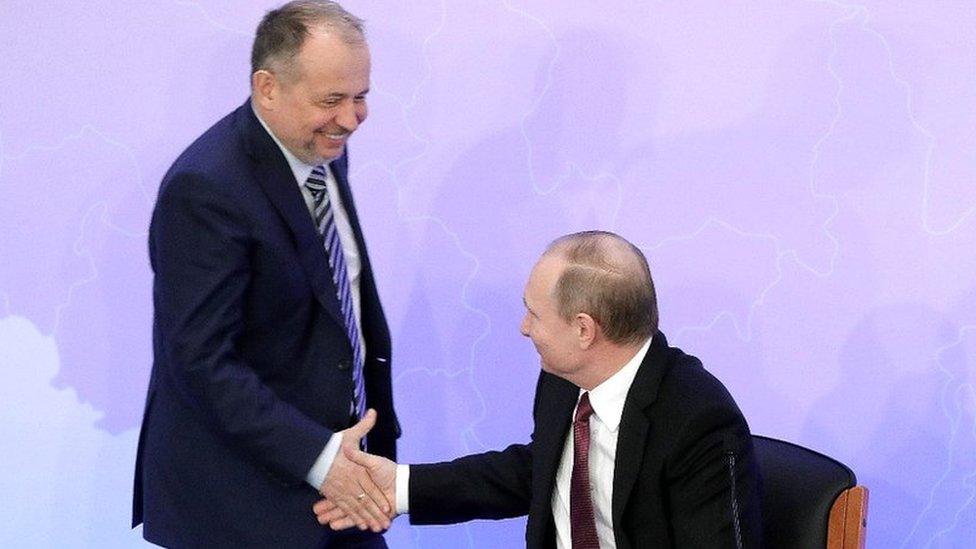
Russian billionaire Vladimir Lisin (L), who is reported to own a Scottish sporting estate, shaking hands with Russia's President Vladimir Putin (R)
Mr Wightman said wealthy Russians started buying into property after the dissolution of the Soviet Union when "basically the whole of the Russian economy - all its asset bases, minerals, energy etc - was up for grabs and bought at rock bottom prices".
He said many of those who bought the assets were engaged in the process corruptly, and within the next five or 10 years increasingly sought to shelter their "ill-gotten gains" abroad, either in Swiss bank accounts or increasingly through property, particularly in the UK.
He said this was because the UK has a stable democracy and in places like London there was a booming property market where it also held its value very well.
He added: "You can also own property in the UK in the name of a company in a tax haven such as the Grand Cayman Islands or the British Virgin Islands and its incredibly difficult to pin you down."
Scotland's External Affairs Secretary Angus Robertson said the Scottish government was pressuring the UK government to look at every route available to tighten up sanctions and asking for advice about the devolved areas of responsibility so "we make sure that we are doing absolutely everything that we can".
"We look to what has happened in recent days across the European Union where a list of oligarchs has been published their wealth is being sanctioned, their yachts are being impounded," he said.
"This is happening in the European continent. It is not yet happening in the same way in the UK and we are calling on the prime minister to follow the lead of the European union on this."

More coverage of war in Ukraine
THE BASICS: Why is Putin invading Ukraine?
RUSSIA: Watching the war on TV
IN DEPTH: Full coverage of the conflict

Related topics
- Published5 March 2022
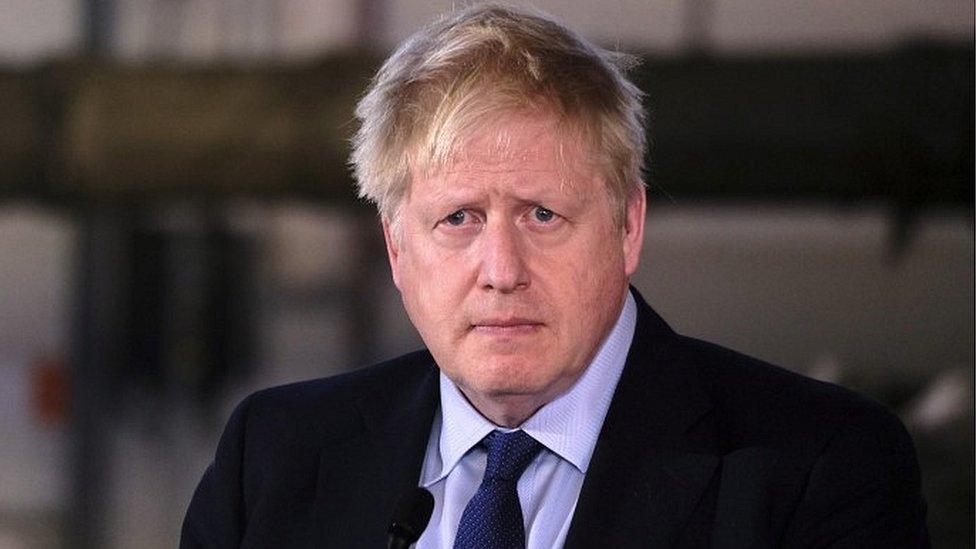
- Published4 March 2022
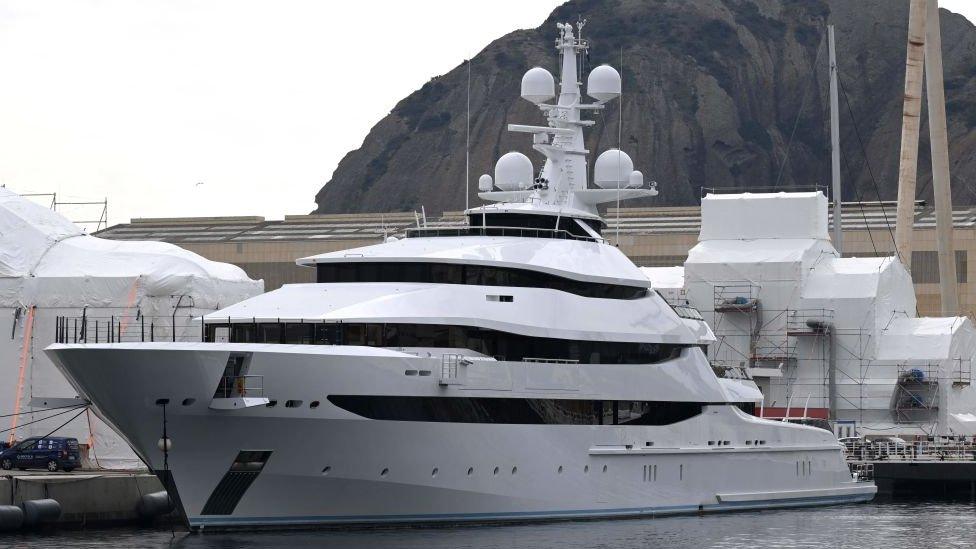
- Published23 February 2024
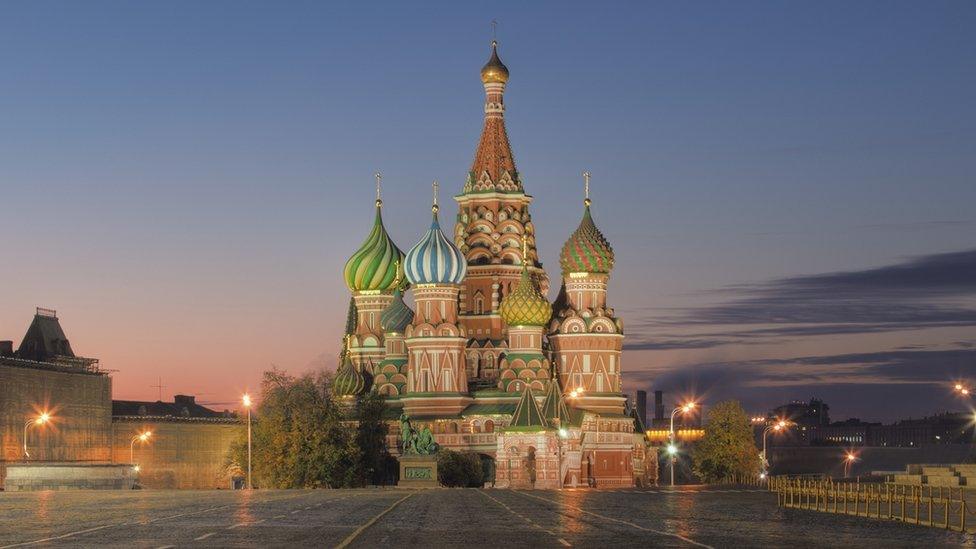
- Published3 March 2022
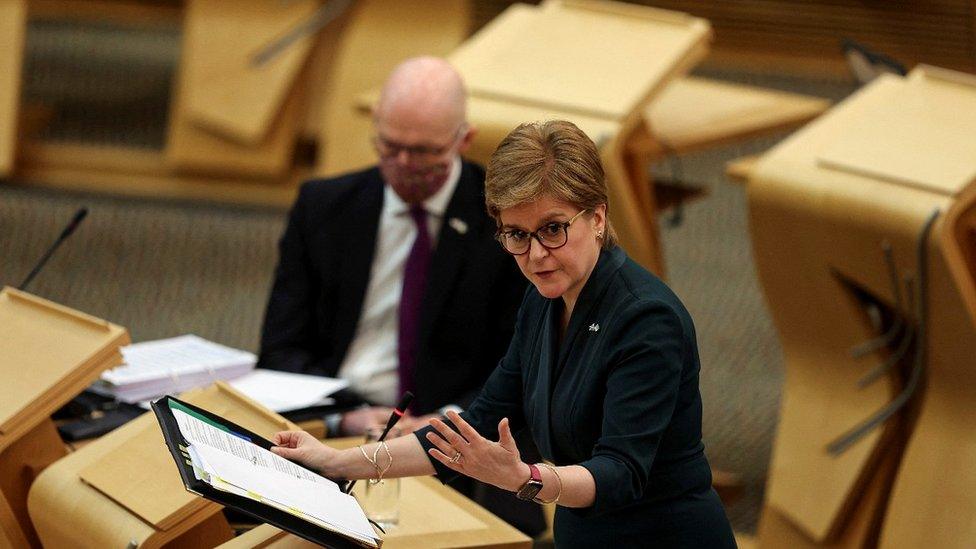
- Published11 March 2022
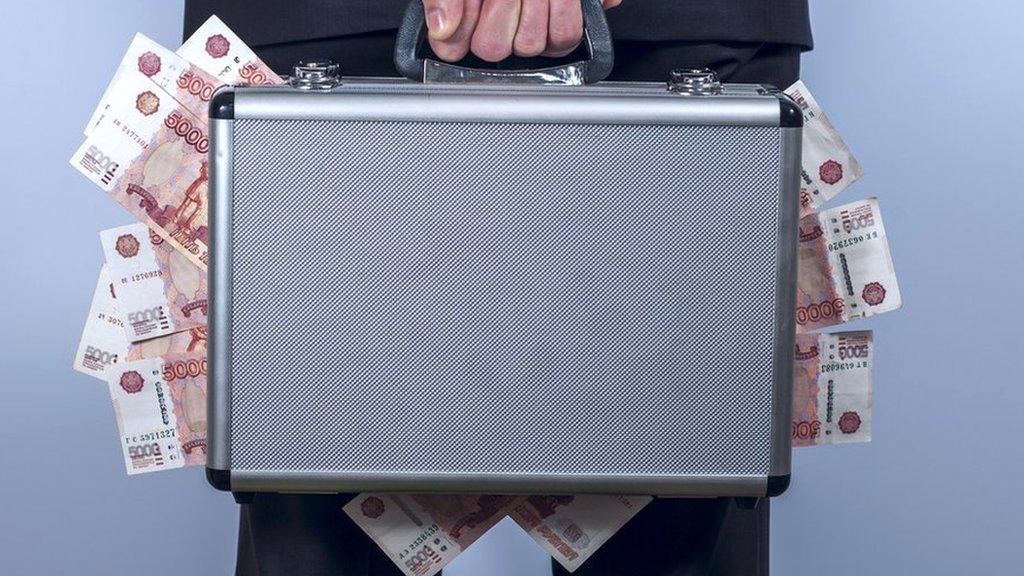
- Published28 February 2022
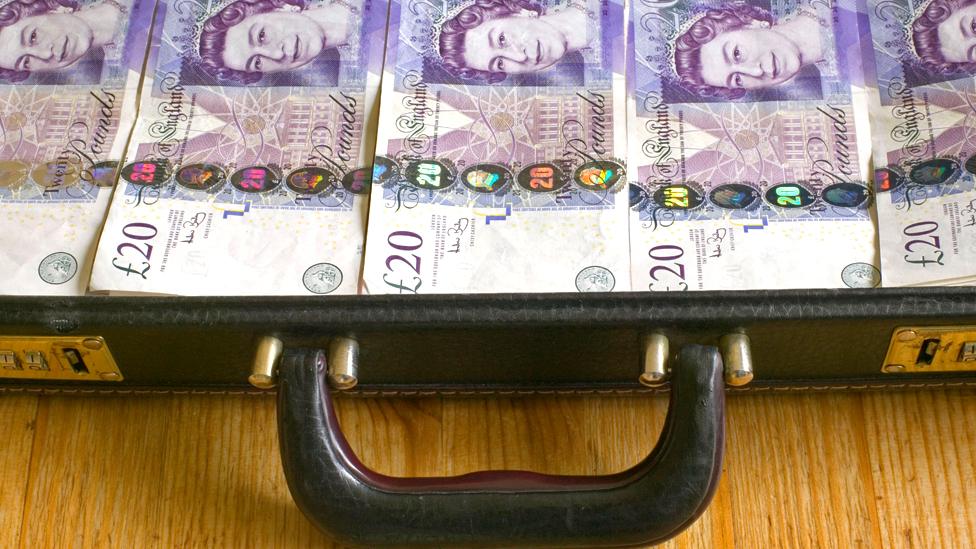
- Published28 February 2022
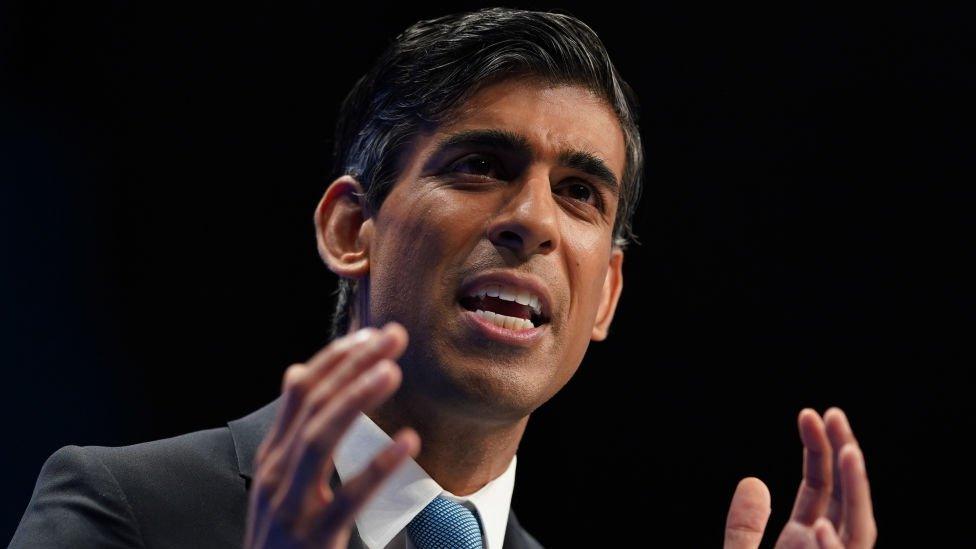
- Published24 October 2021
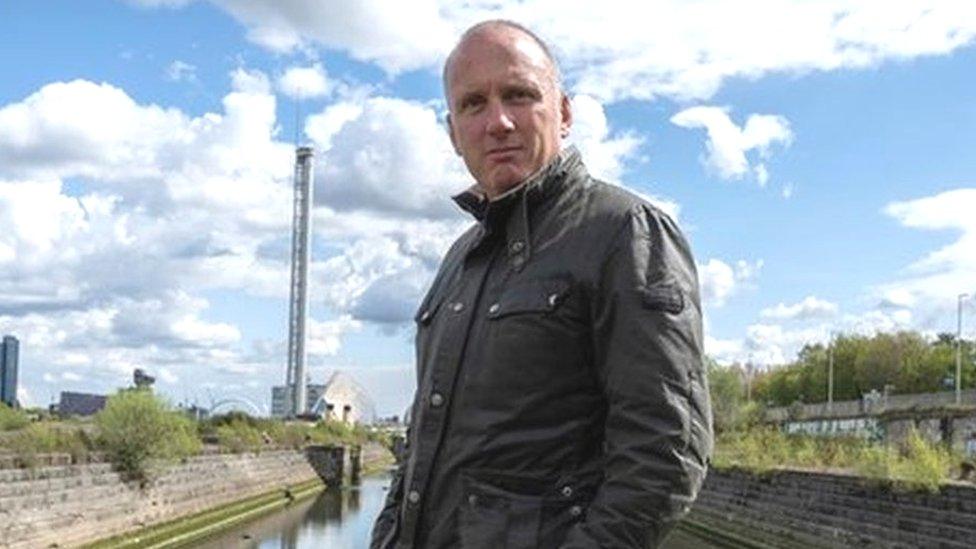
- Published21 May 2019
